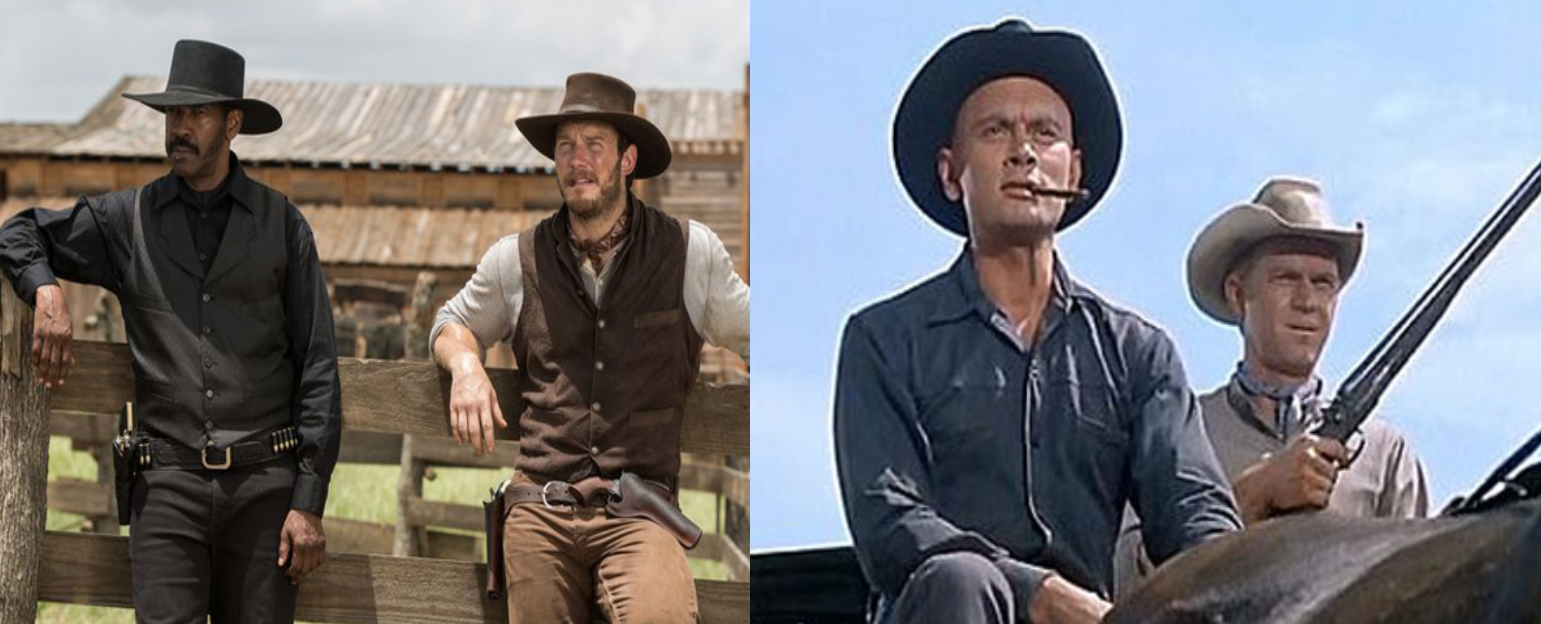Opinion: Searching For Meaning In A World Of Remakes

Christian Ziolkowski ’20 / Emertainment Monthly Staff Writer
“Hollywood has run out of original ideas.”
This ignorant phrase has been popularized by internet cinephiles expressing their frustration whenever a beloved film is remade. This perspective fails to acknowledge the simple fact that studios are businesses, and remakes have proven to be tremendously profitable. But in expressing disdain for what they see as the death of originality, these voices raise another question: Are remakes inherently bad?
For as long as anyone can remember, humans have been storytellers. As we evolve, we take our stories with us and repackage them for future generations. A close look at our popular culture reveals no shortage of recycled stories. When Suzanne Collins modernized the Greek myth of Theseus and the Minotaur by setting it in the age of reality television, The Hunger Games was born. And J.K. Rowling has never tried to deny the similarities between King Arthur and another orphaned English boy who was destined for greatness.
There should be no problem with this. How many teenagers would have learned the story of Theseus if The Hunger Games hadn’t been written? Hollywood arguably has more reach and influence with young people than any other industry, so where is the harm in using that influence to reintroduce great stories into the cultural zeitgeist?
Of course, this argument would be a lot more effective if remakes were consistently done well.

In contrast, let’s look at the remake of that remake, which shares its title and was released in theaters on September 23rd. The film’s marketing campaign can be reduced to: “Oh look, a western! You don’t see to many of those anymore!” The trailers make the film look like an excuse for Denzel Washington and Chris Pratt to ride horses and wear cowboy hats. The genre is not an excuse to tell the story, but rather the story is an excuse to use the genre. It appears that Sony Pictures wanted to make a western, and attempted to minimize their risk by capitalizing on the name recognition of a classic one.
If Sony had wanted to introduce the story of Seven Samurai to a new generation in the way that The Magnificent Seven (1960) originally did, it would have been much more effective to use a genre that is popular today. One possibility would have been to make it a superhero movie, a genre that currently occupies the role in our society that the western enjoyed in the 1950s and 60s. But their choice to do a straight remake of The Magnificent Seven (1960) looks like a cashgrab, an attempt to exploit a hole in the market. And it fits perfectly into the narrative that originality is dead in Hollywood.

But fair or not, the narrative of a cold, capitalistic, unoriginal film industry does exist. And thoughtless remakes like The Magnificent Seven (2016) are doing nothing to help it. If Hollywood studios would take a more artistic approach to their remakes, it would improve both their reputations and their bottom lines.